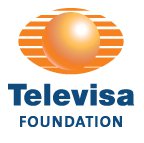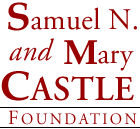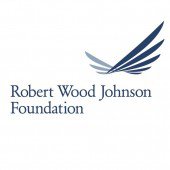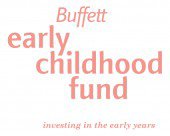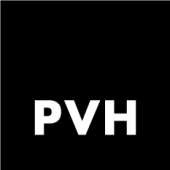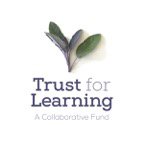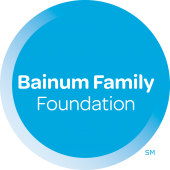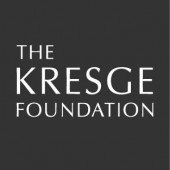Delaware
Delaware is in the process of implementing a strategic plan that addresses the comprehensive needs of children from birth to age five, developed as a joint effort between public and private partners. In 2012, Delaware received the Race to the Top-Early Learning Challenge grant from the federal government for $50 million and has expanded the scope of its strategic plan. As part of this plan, Delaware has made a commitment to a “whole child” approach, which combines physical and mental healthcare with early education to improve early child development. Delaware has a long-term goal to ensure all children receiving child care subsidies have access to programs rated in the highest tier of the Quality Rating Improvement System (QRIS). The state also plans to extend access to home visiting and family health services to all families. Delaware’s plan actively works to increase the quality of the systems already in place through further implementation of its rating system to ensure providers meet certain standards and by providing more complete early childhood services, such as mental and physical healthcare services.
